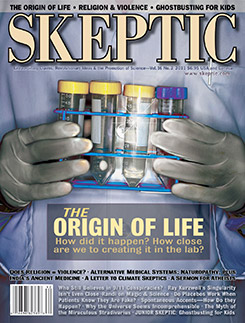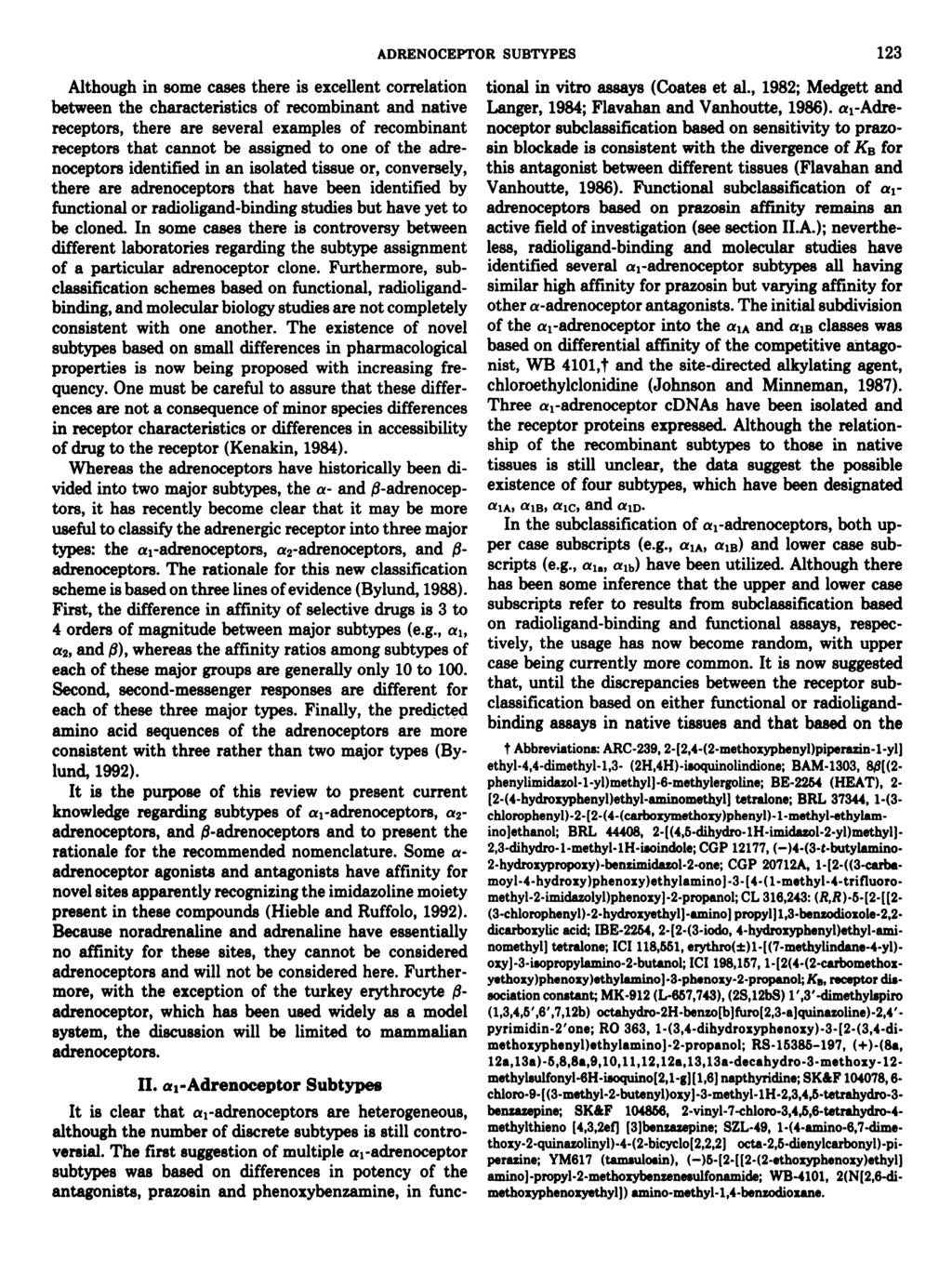Relationship Between Self-Concept, Self-esteem, Anxiety.
Identy Identy The Me The What am I like The self concept The Meself concept from POL 317 at Simon Fraser University.
More important, CHAPTER 26 IDENTITY, SELF-CONCEPT, AND SELF-ESTEEM the models of human potential were essentially the same for the vast Christian majority: salvation in heaven, as a result of living a moral and pious life, was the goal for everyone. At most, people differed according to how well they served their functions, that is, whether.

Rosenberg's (1965) Society and the Adolescent Self-Image opened a new door to psychologists and sociologists and helped bridge a disciplinary gap with his self-esteem theory and his Rosenberg Self-Esteem Scale (See sidebar below). Rosenberg's self-esteem theory relies on two factors: (1) reflected appraisals and (2) social comparisons.

These are the sources and citations used to research PSP essay. This bibliography was generated on Cite This For Me on Tuesday, May 15, 2018.

Self Concept Essay. SELF-CONCEPT AND PERCEPTION ESSAY Ann Pomerleau Interpersonal Communications August 22, 2017 SELF-CONCEPT AND PERCEPTIONS ESSAY The definition of self-concept is the knowledge about oneself, such as beliefs, personality traits, physical characteristics, abilities, values and goals. In other words, as Gillian Fournier puts it.

Although evaluations of the self on specific dimensions such as academic ability, social skills, physical appearance, and so on tend to be correlated with global feelings of self-worth, they are neither conceptually nor empirically identical (cf. Marsh, 1986; Rosenberg, 1979). One may evaluate the self negatively on a particular dimension such.

Abstract. Symbolic interactionism occupies a unique and important position in family studies. The principal theoretical orientation of the 1920s and 1930s (when family studies was endeavoring to establish itself as a science) and one of the most popular family perspectives today, symbolic interactionism probably has had more of an impact on the study of families than almost any other.

Two subclasses of the material self can be distinguished: The bodily self and the extracorporeal (beyond the body) self. Rosenberg (1979) has referred to the extracorporeal self as the extended self, and we will adopt this terminology throughout the book. The bodily component of the material self requires little explanation. A person.

Autonomy and Conformity in Cooley’s Self-Theory: The Looking-Glass Self and Beyond The totality of Cooley’s contribution to self-theory, as reported in most sociology texts and much of the con- temporary self literature, is erroneously equated with his concept of the “looking-glass self,” in its passive, depen- dent, and chameleon form.

Morris Rosenberg, Conceiving the Self. New York: Basic Books, 1979, 319 pp. A major difficulty that often confronts the scientist is the problem of distancing oneself from one's research. This is all the more difficult for the social scientist who studies his fellow human beings. The problem is further exacerbated for the social psychologist by the fact that he studies how others think. For.

Interpersonal Communications Essay Sample. 1. Describe a time when you tried to bring about a change in your self-concept and were not successful in doing so. A time when I tried to bring about a change in my self-concept and was not successful in doing so is actually to be totally honest is something that I am still struggling with today. My.

Firstly, Sammy is lack of self-concept which is the totality of thoughts and feelings with reference to oneself as an object.(Rosenberg,1979) According to the scenario, it showed that Sammy do not have definite view towards her future because she do not know the inner thoughts of herself. She mentioned that “I don’t know what I like and.

Self-Concept, Self-Esteem, and Identity ROY F. BAUMEISTER 246 9 Background Definitions Self-Concept Formation of the Self-Concept Pursuit of Self-Knowledge Spontaneous Self-Concept Self-Schemas Culture and Interdependence Self-Concept Change Self-Esteem Activity Box 9.1: Measuring Your Self-Esteem Self-Esteem and Self-Concept Roots of Self-Esteem.



